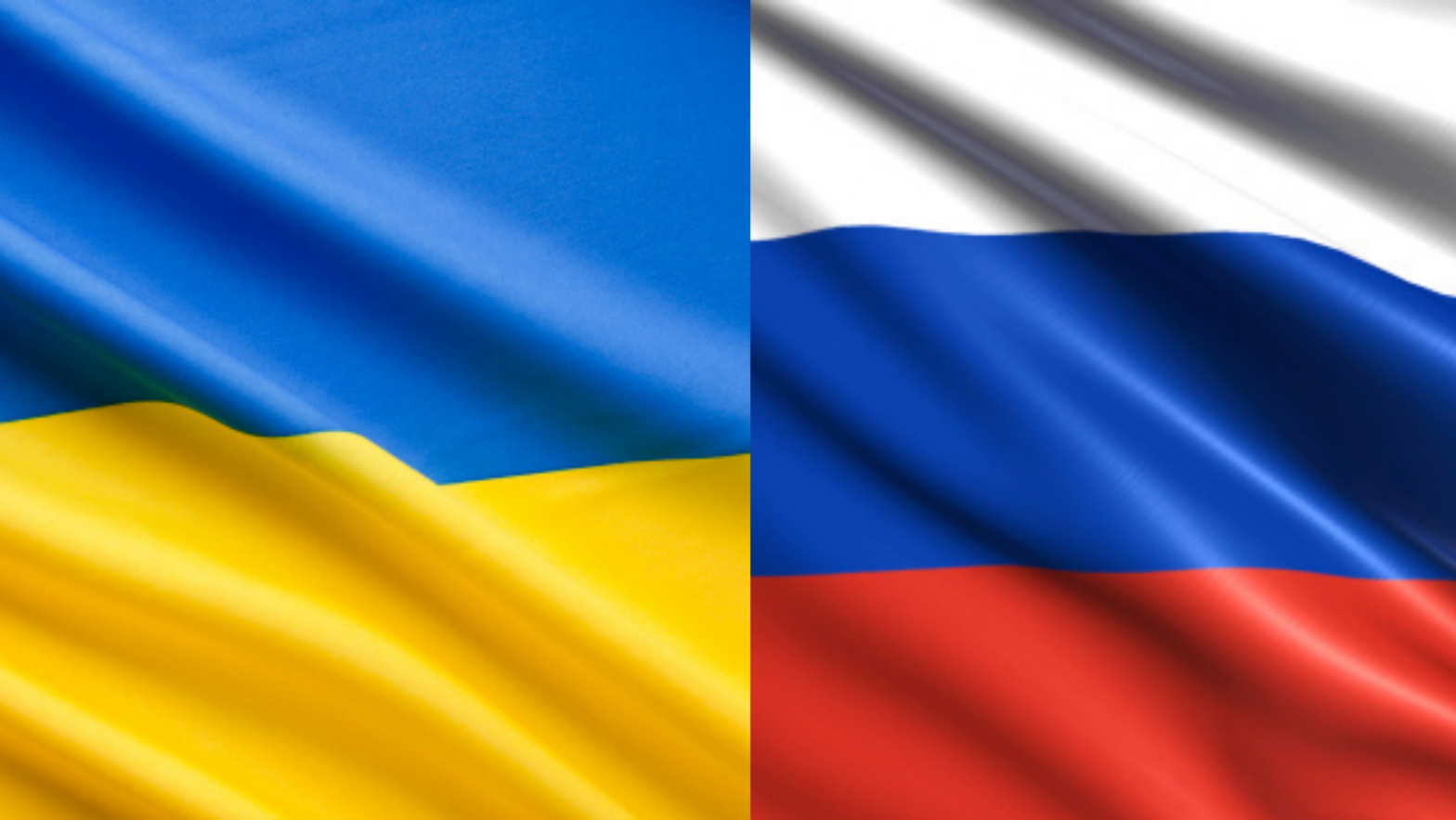The impact of the Russia-Ukraine conflict on ASEAN: 5 sectors

In the wake of Russia’s invasion of Ukraine, the 10 member states of the Association of Southeast Asian Nations’ concerns are raising. While Asian companies are less exposed to the two countries than their European counterparts, the crisis might nevertheless have an impact on the region’s enterprises. Here are some implications for businesses in Asia.
#1: Oil and gas
Increasing oil prices will impact both businesses and consumers, while inflation and geopolitical tensions threaten to drag down investment sentiment and demand for travel just when companies are starting to recover from the COVID-19 crisis.
Due to concerns over Russian supply, oil prices are surging, with benchmark WTI crude futures surpassing $100 per barrel for the first time in more than seven years on Thursday. After Saudi Arabia, it is the world’s second-largest oil exporter.
Higher crude and gas costs would have an impact on companies that consume oil. “This may result in even greater inflation around the world and force central banks to tighten monetary policy at a faster pace, weighing on risk assets, notably the rate-sensitive technology sector,” says Margaret Yang, a Singapore-based strategist at DailyFX.
On the other hand, certain Asian energy-related industries are expected to prosper. Medco Energi Internasional, an Indonesian oil and gas firm, surged 13 percent on Thursday, Elnusa, an oil and gas equipment and services company, rose 12 percent, and AKR Corporindo, a petroleum trader and distributor, rose 6 percent. PTT Exploration and Production, a Thai oil company, also increased by 3.5 percent.
#2: Transport and tourism
A drop in international travel as a result of the tensions, combined with higher fuel prices, would be a setback for airlines as they try to recover from the coronavirus outbreak. Following omicron variant outbreaks, some Asian nations, including Thailand, were just recently beginning to open their borders to vaccinated tourists for quarantine-free travel. However, geopolitical dangers may deter people from visiting, putting the brakes on a future tourist resurgence in Thailand and elsewhere.
In addition to these operational challenges, Asian airlines face greater risks. The fact that some of their European partners have halted Asia routes is a setback, and if the conflict continues, demand for flights into and out of Europe could suffer. Long-term warfare would also be detrimental to the global economy and destroy travel sentiment.
#3: IT
The current crisis has arisen at a time when Ukraine is establishing itself as a growing tech hub in Eastern Europe. Many multinational corporations have bases or offshore development partners in the country, taking advantage of the educated yet low-cost workforce. These businesses are now increasingly concerned about the local situation.
#4: Commodities
Ukraine exports wheat, corn, and other commodities in large quantities. While those items are primarily destined for European markets, potential supply chain disruptions might raise grain prices across the board, affecting Asian firms and consumers.
The Food and Agriculture Organization of the United Nations’ Food Price Index reached 135.7 in January, up from 113.5 the previous month. Many Asian food producers have announced price increases in recent weeks, claiming that rising raw material, logistical, and packaging costs were making it impossible to absorb. Further complications from the Ukraine crisis would weigh on Asia’s food producers.
#5: Rare metals & rare gas
According to market researcher TrendForce, Ukraine is a significant supplier of raw material gases for semiconductors, including neon, argon, krypton and xenon. For example, Ukraine accounts for nearly 70% of the world’s neon gas capacity. “If the supply of materials is cut off, there will be an impact on the industry,” TrendForce said.
There will be no impact on chip production in the short term, as there are still supplies from other regions, but the researcher says, “the reduction in gas supply will likely lead to higher prices which may increase the cost of wafer production.”
Russia is also a major exporter of rare gases, also known as noble gases, and palladium, which is used to purify automobile exhaust. Some Asian economies such as Japan — a major car making economy — are heavy importers of Russian palladium. If Moscow limits exports of this material, it could affect Asian businesses if alternative sources cannot be readily found.
The full article, as reported by Nikkei Asia, can be found here.
We are reactivating our Global Help Desk service to assist free of charge our clients questioning or facing serious issues the region (Ukraine, Russia, Eastern Europe). Please send us an email to:
globalhelpdesk@altios.com
As an international group, we feel it is important to express our support and solidarity with all our colleagues and customers. Today and more than ever, the greatest resource we have right now is each other.


